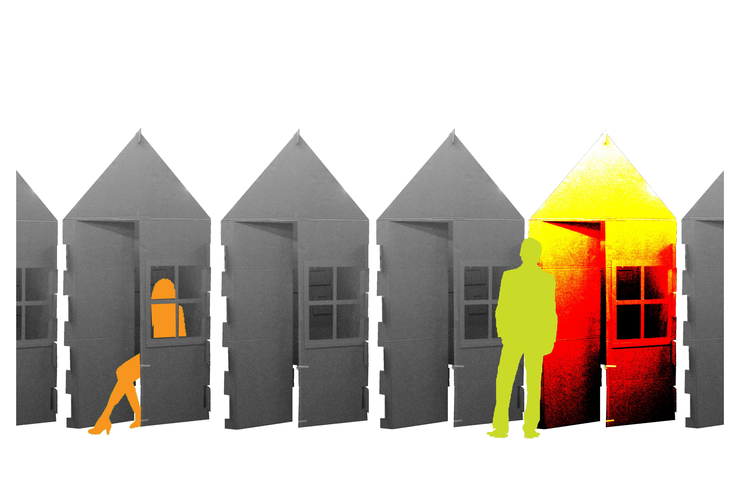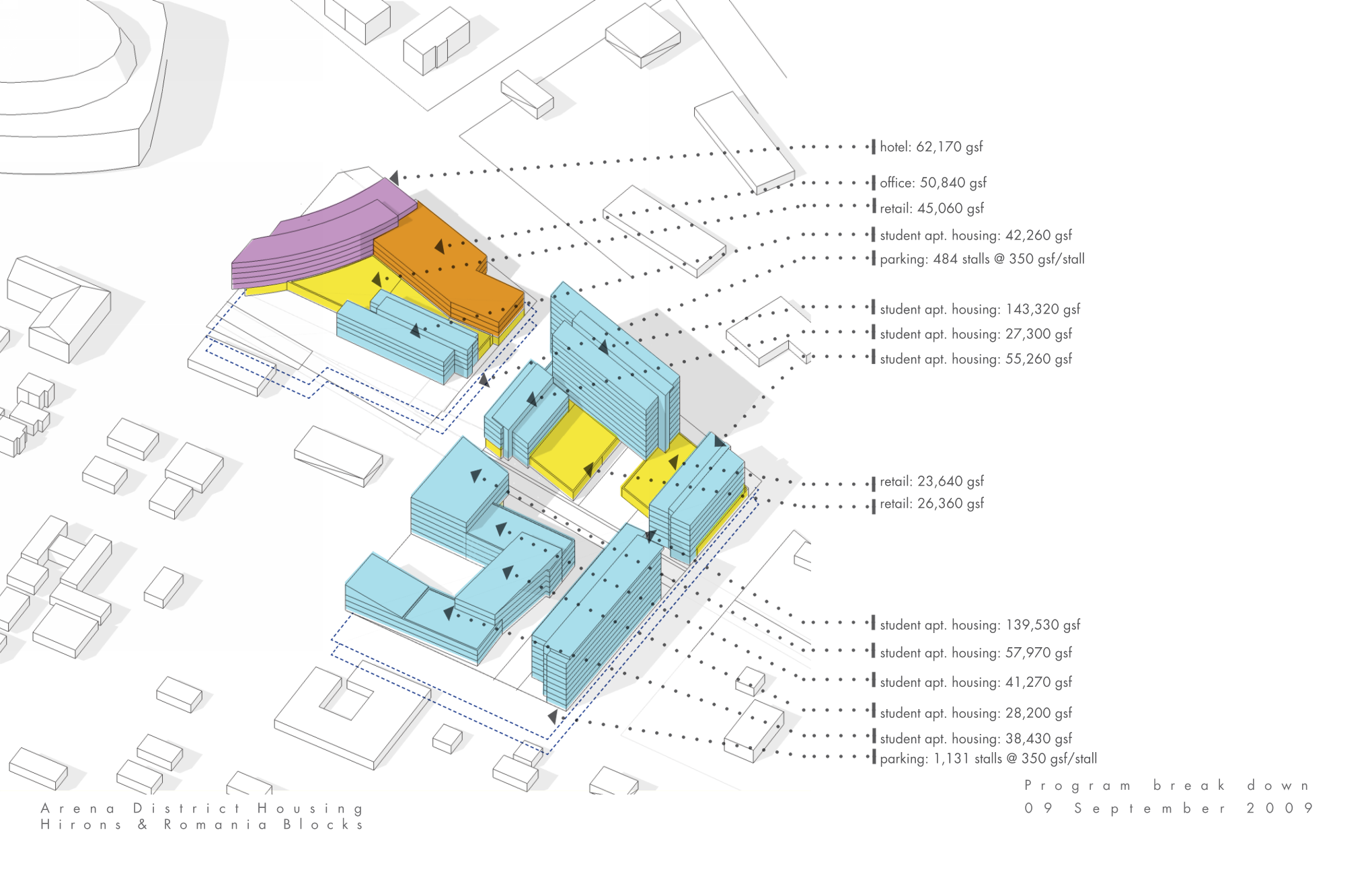
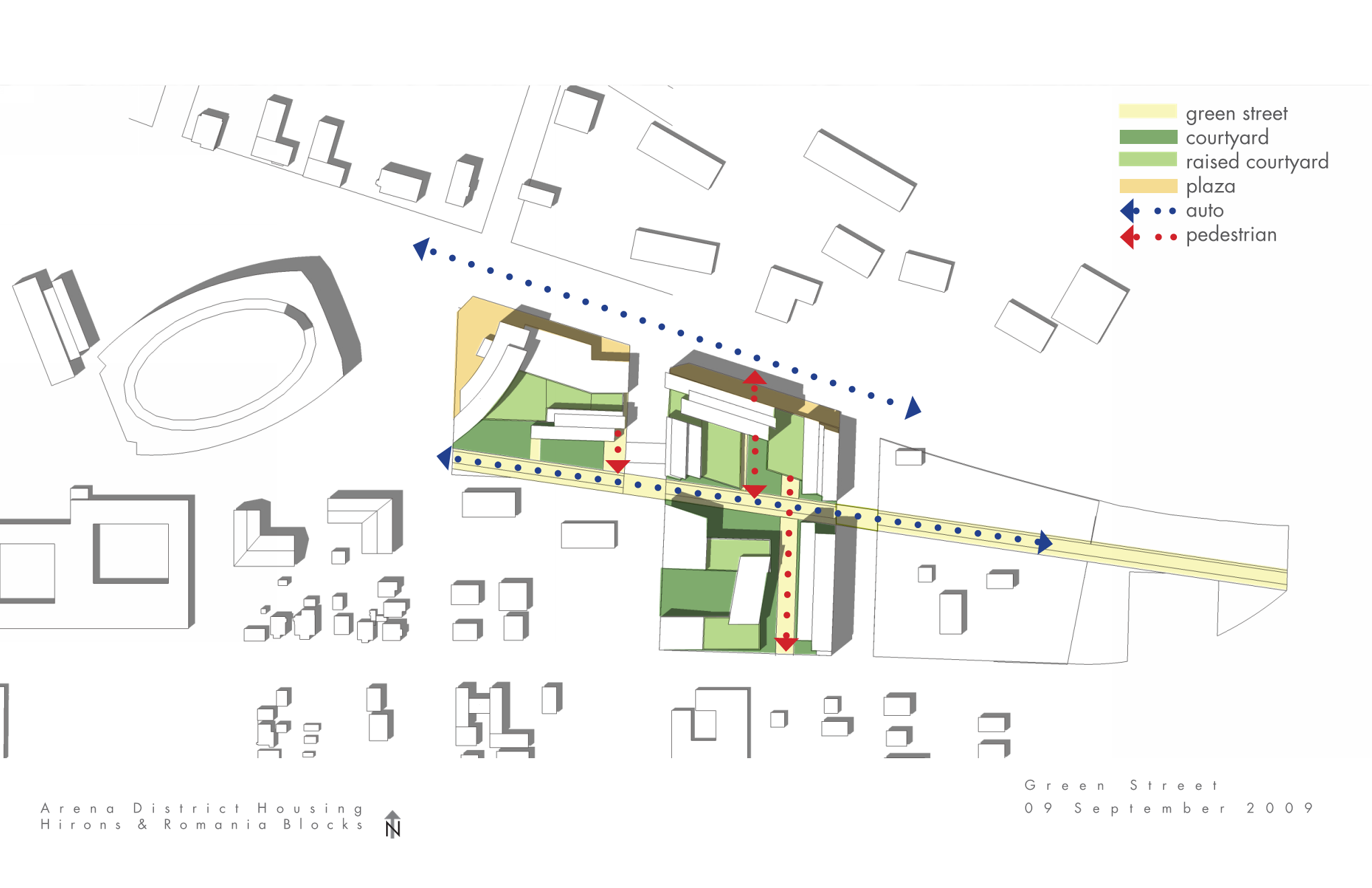
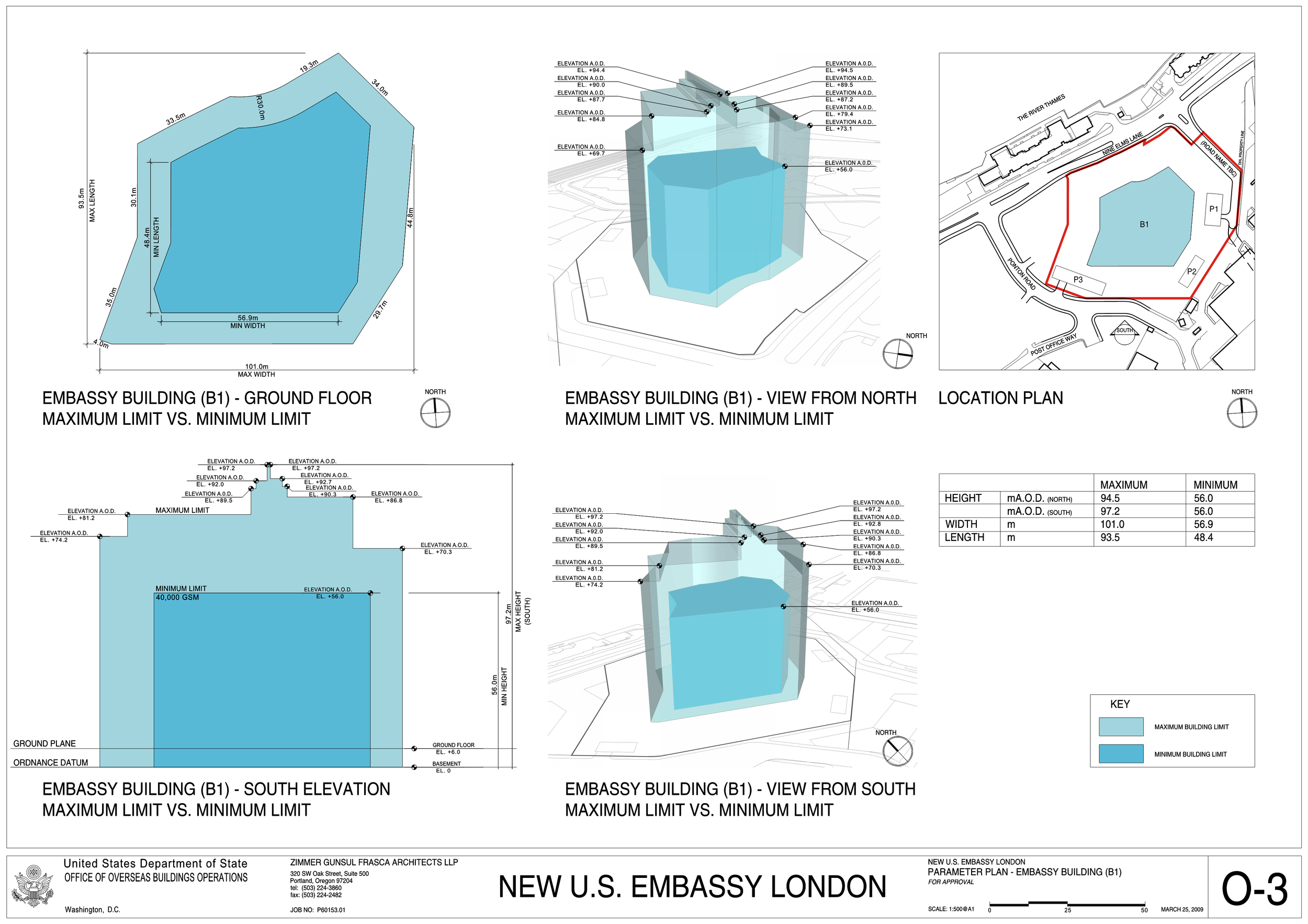
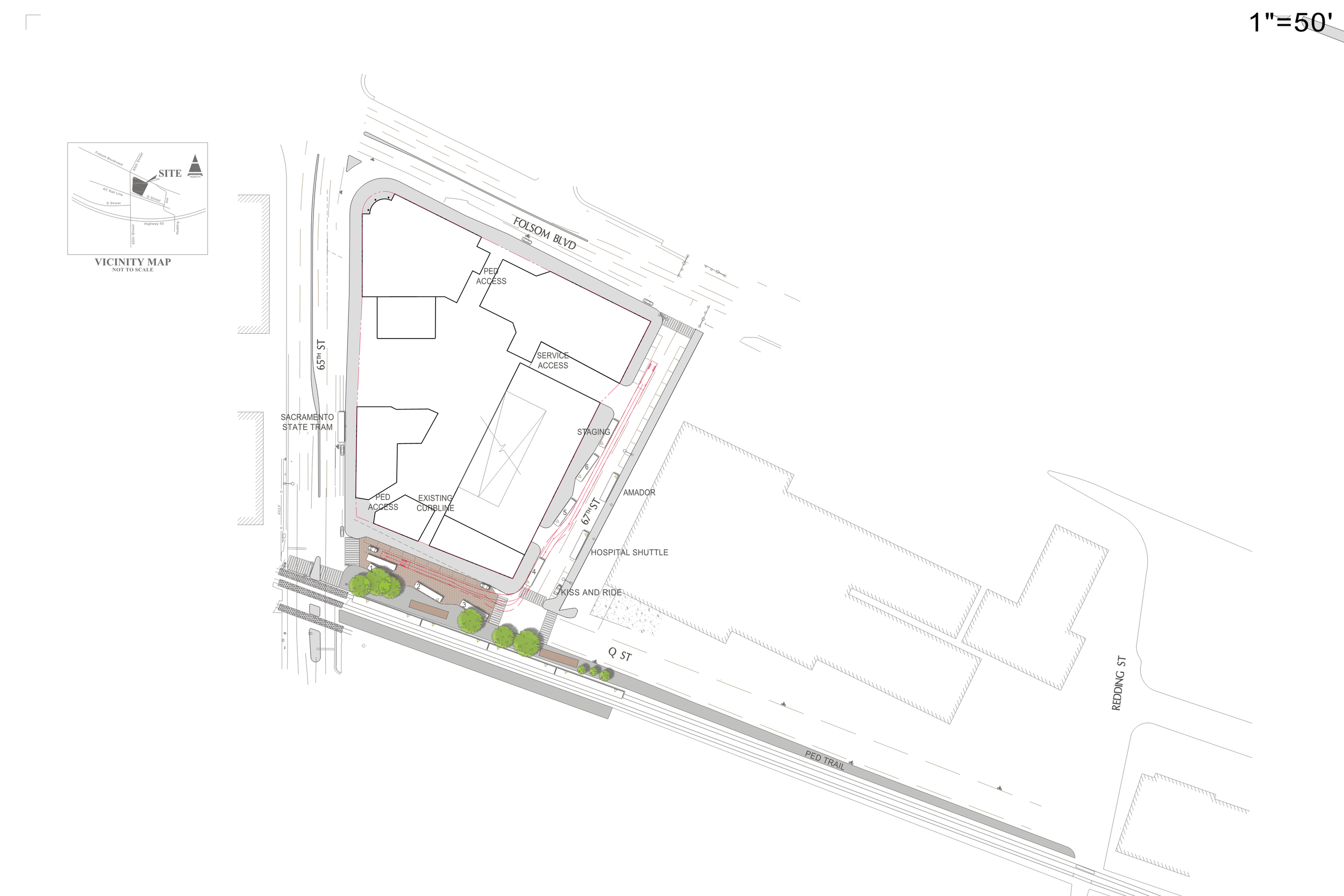
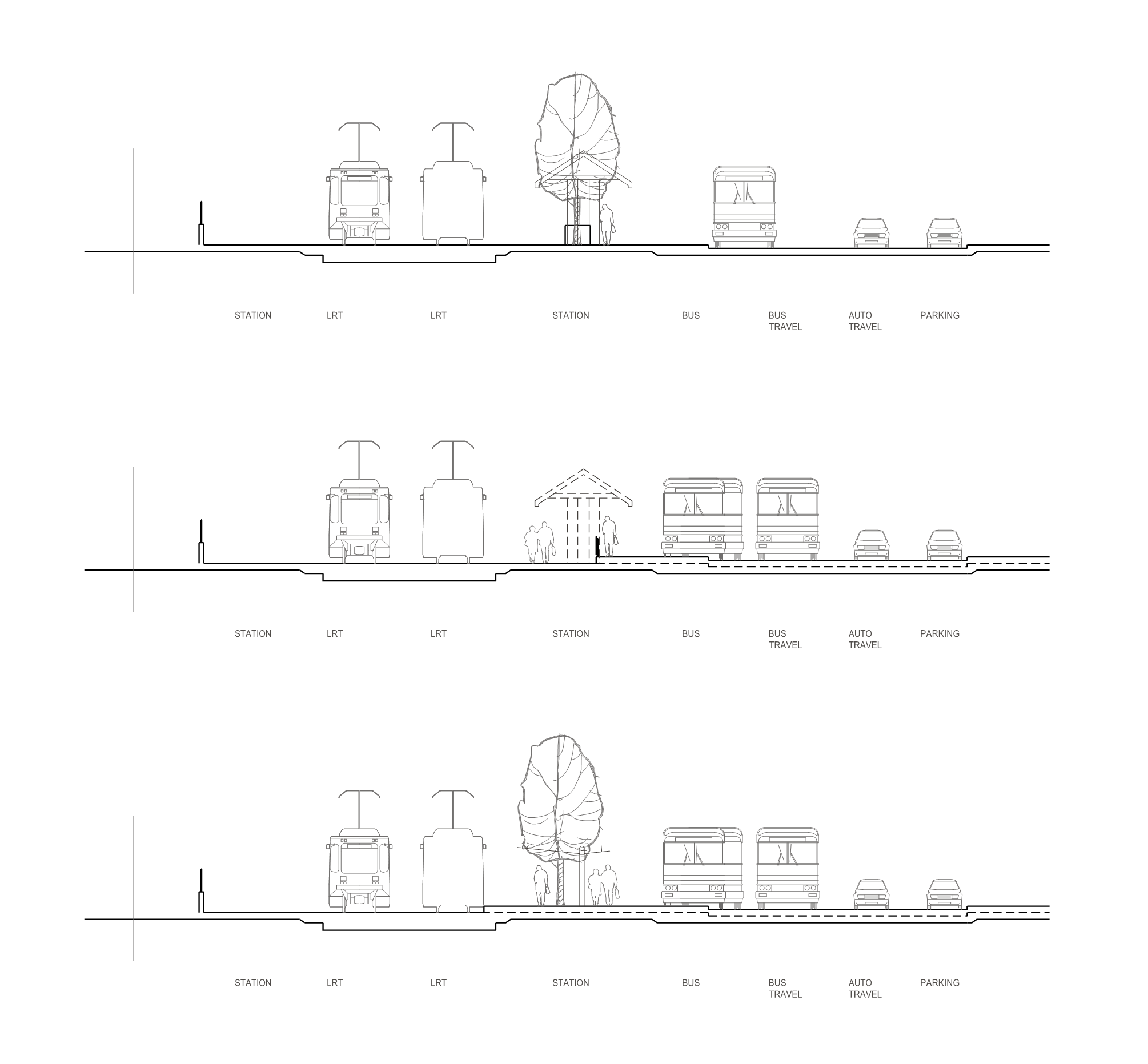
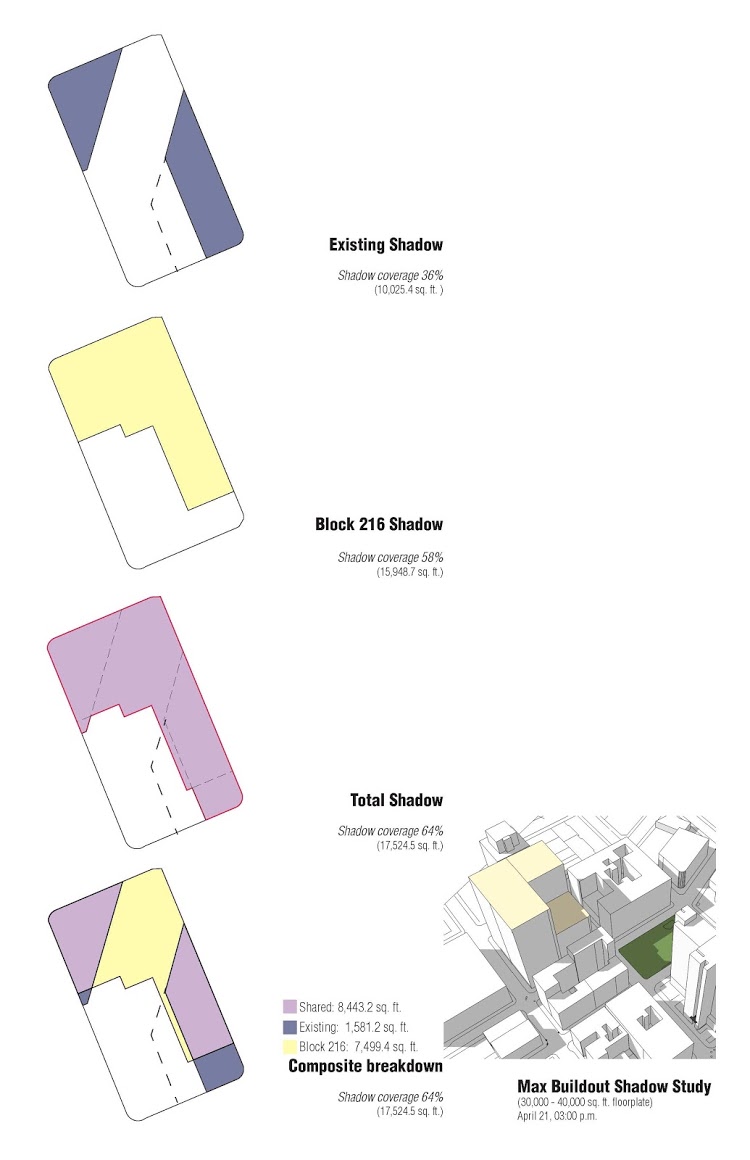
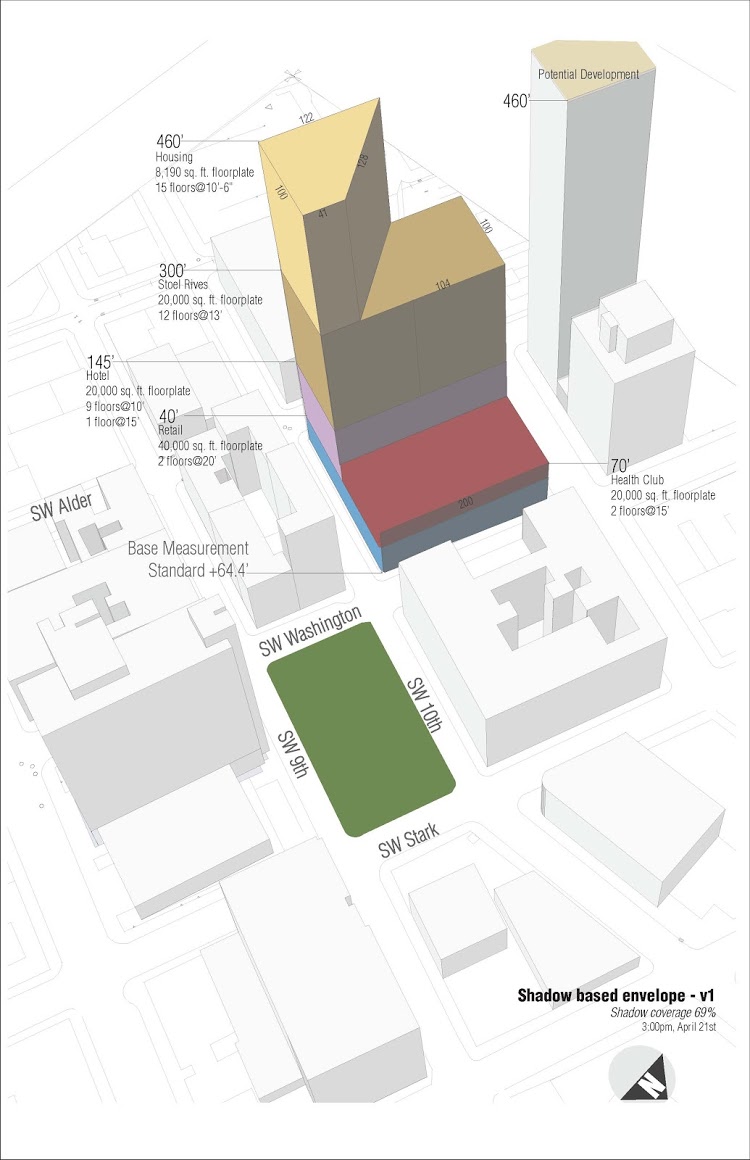
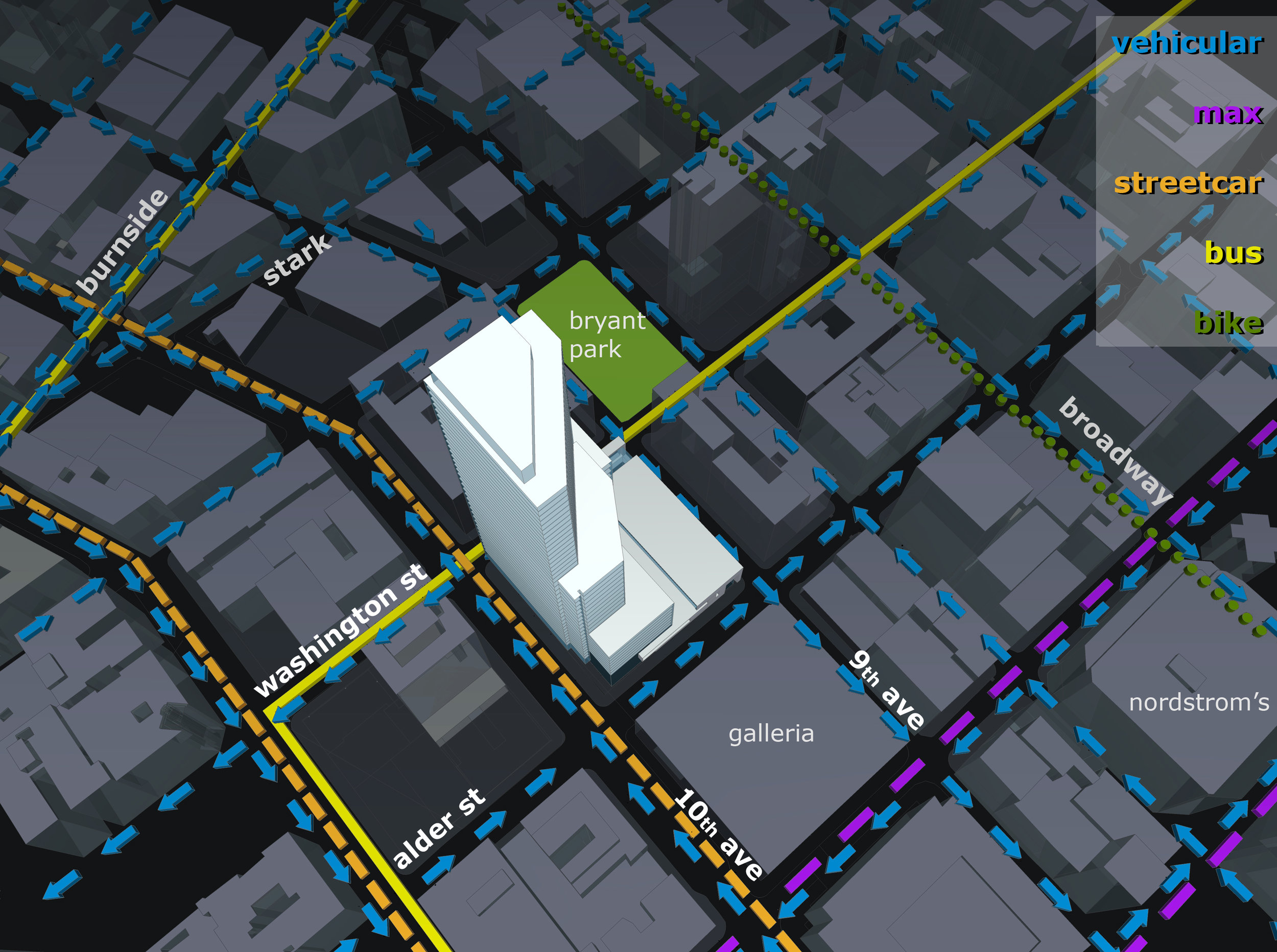
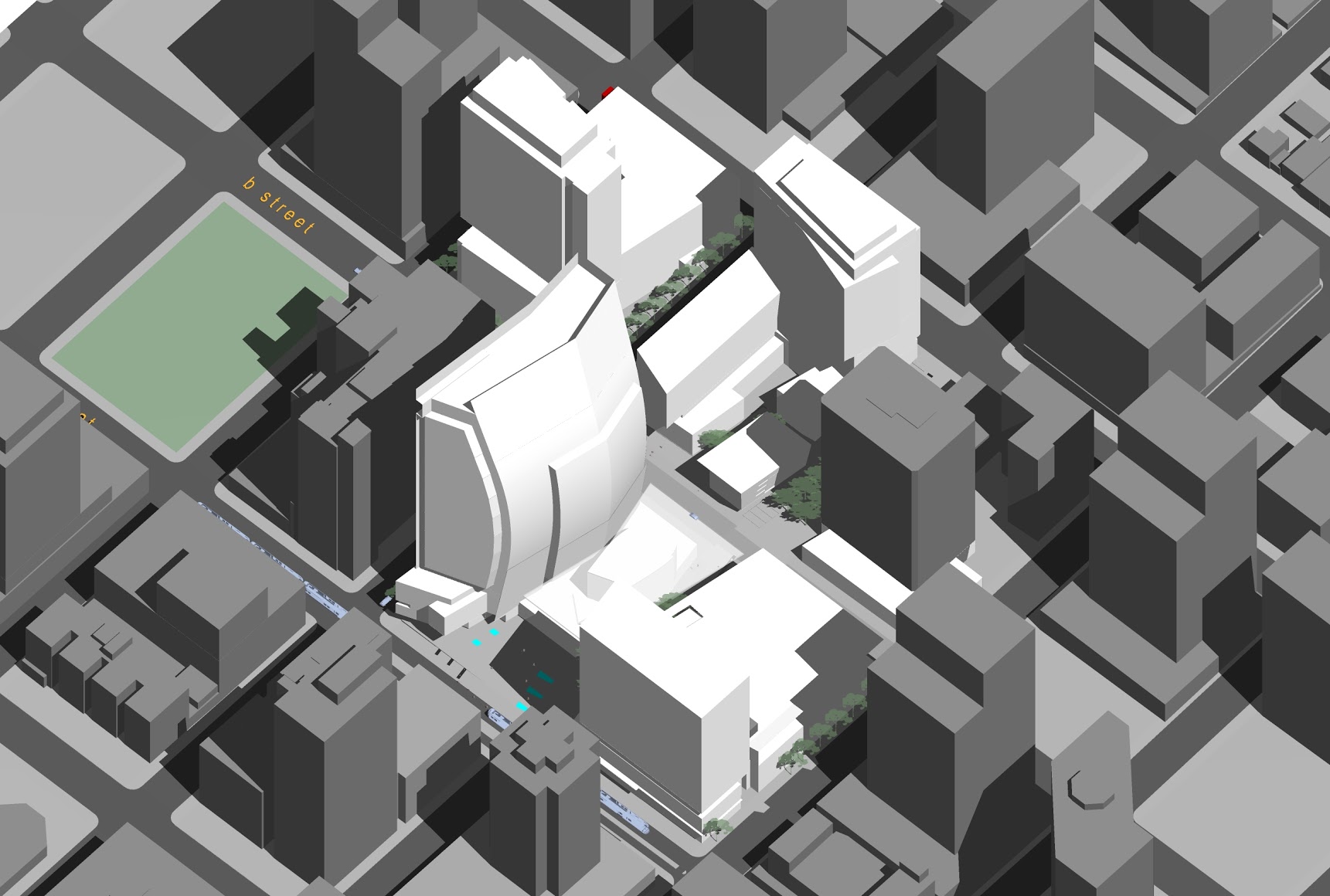
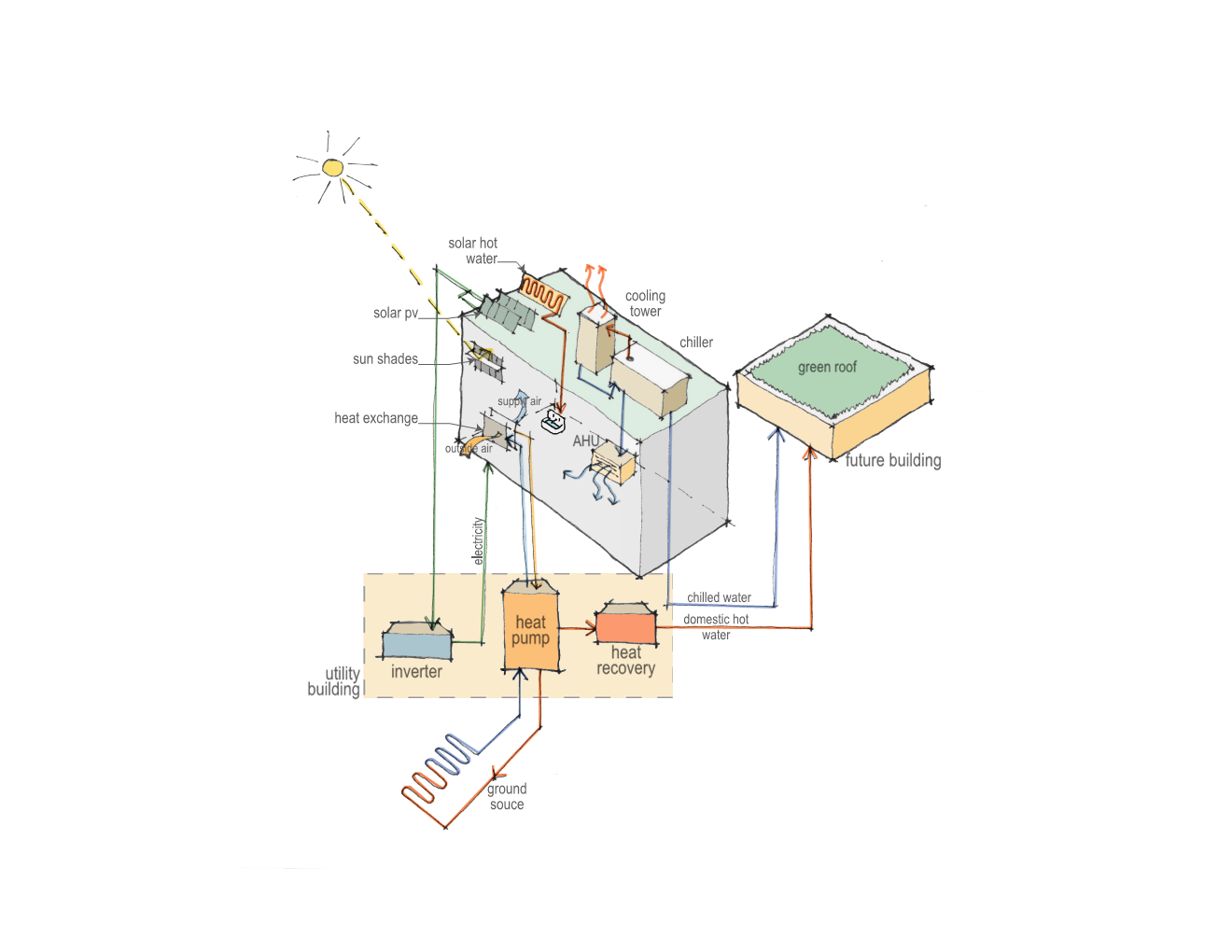
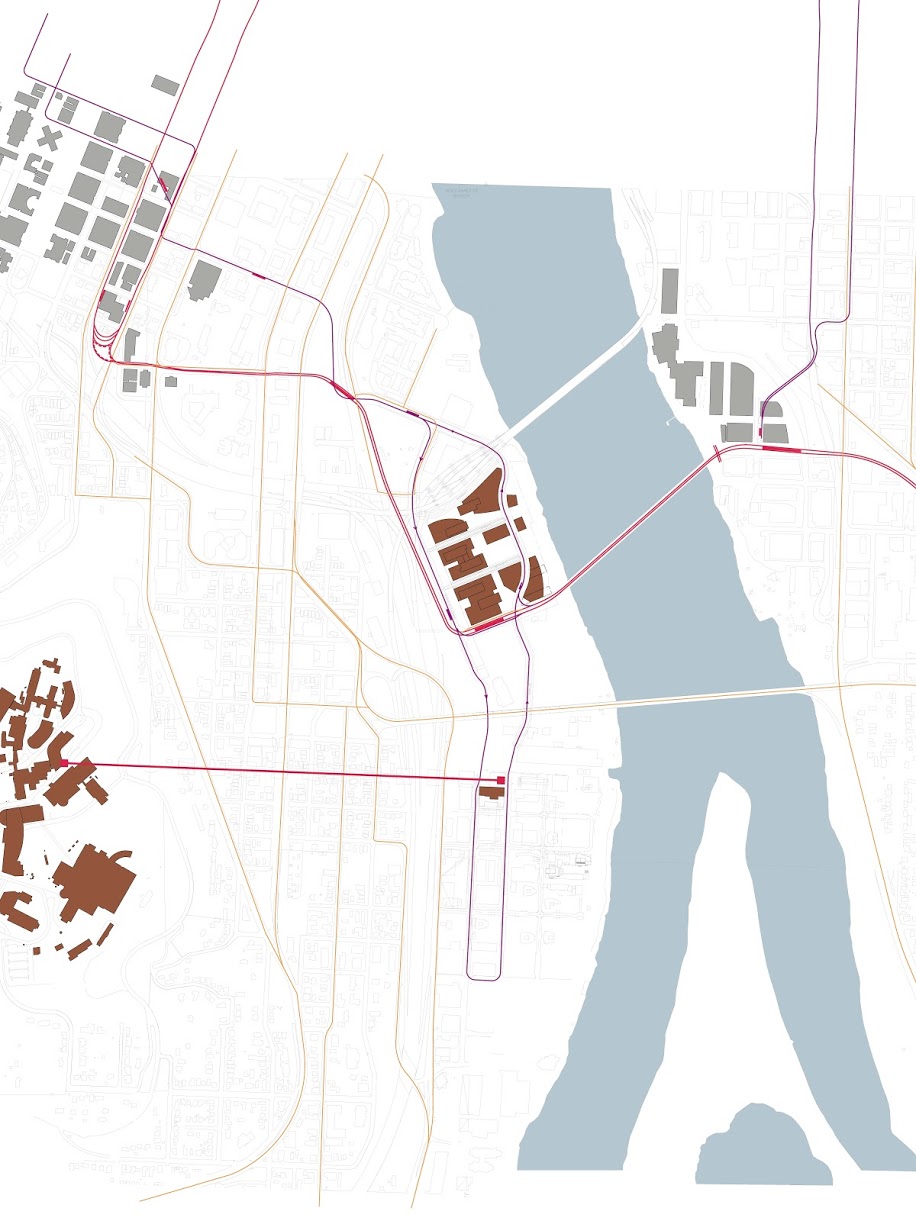
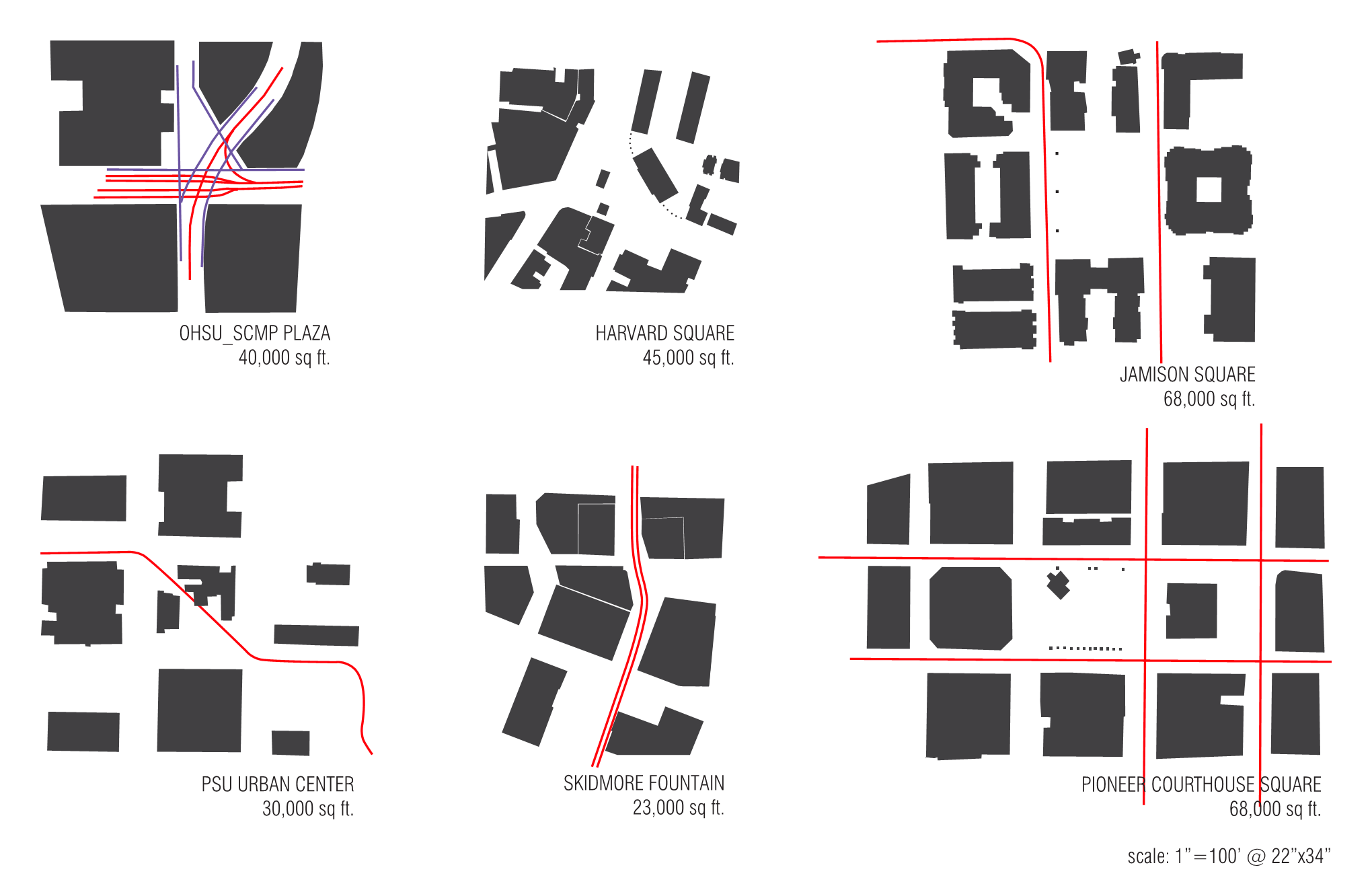
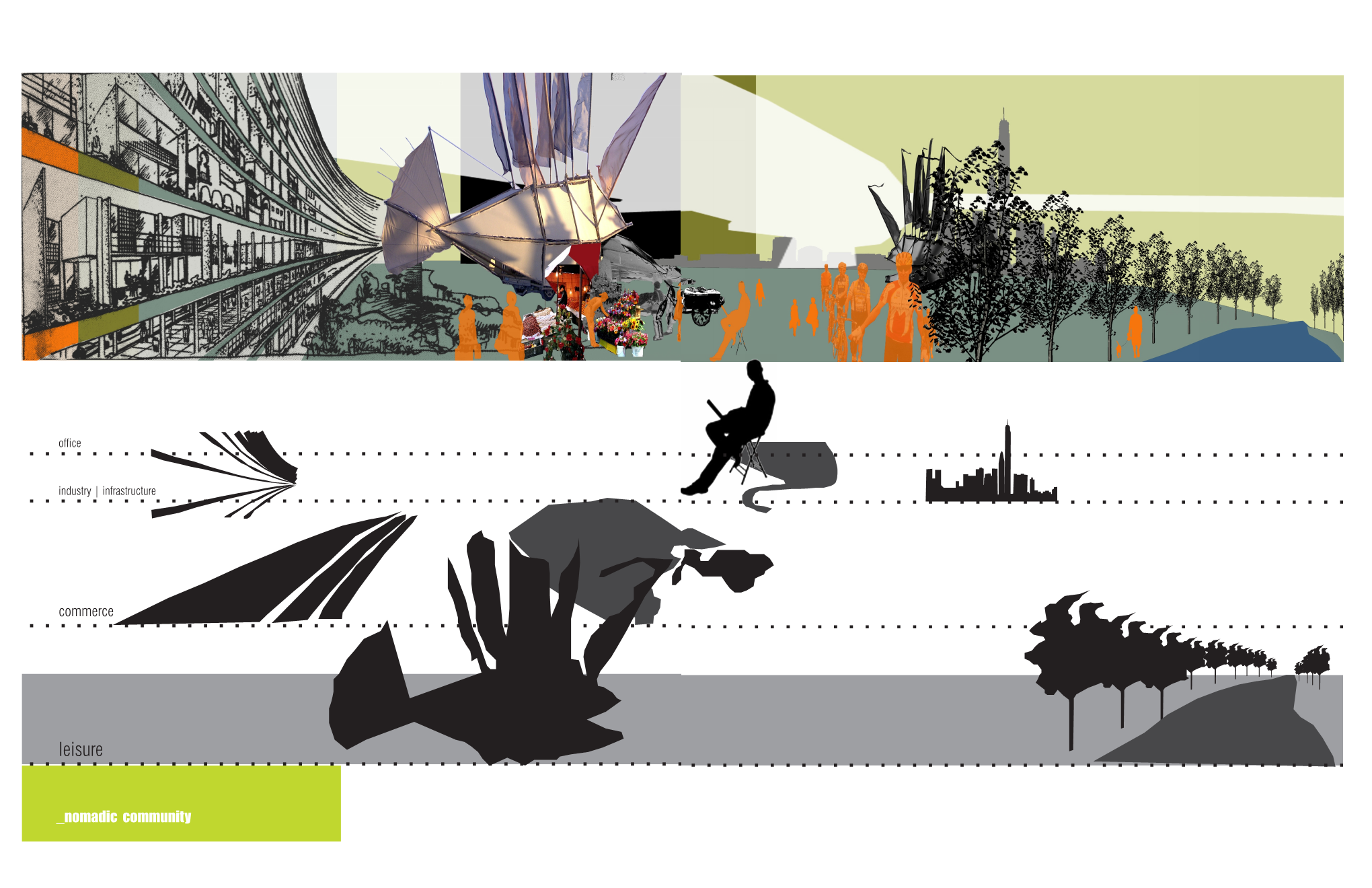
The automobile culture of the past century has allowed Americans to be mobile and expansive — and yet, a stigma has developed against early mainstays of American nomadism, especially the mobile home and the trailer park. Recently, the ability to work and play remotely has made the nomadic lifestyle appealing to a new highly educated, worldly, chic, and technologically savvy demographic. These neo-nomads have put pressure on existing modes of nomadicity to evolve to accommodate their needs and desires. American’s neo-nomadic movement will have to tackle the social and community implications associated with the move away from a distinctly urban society.
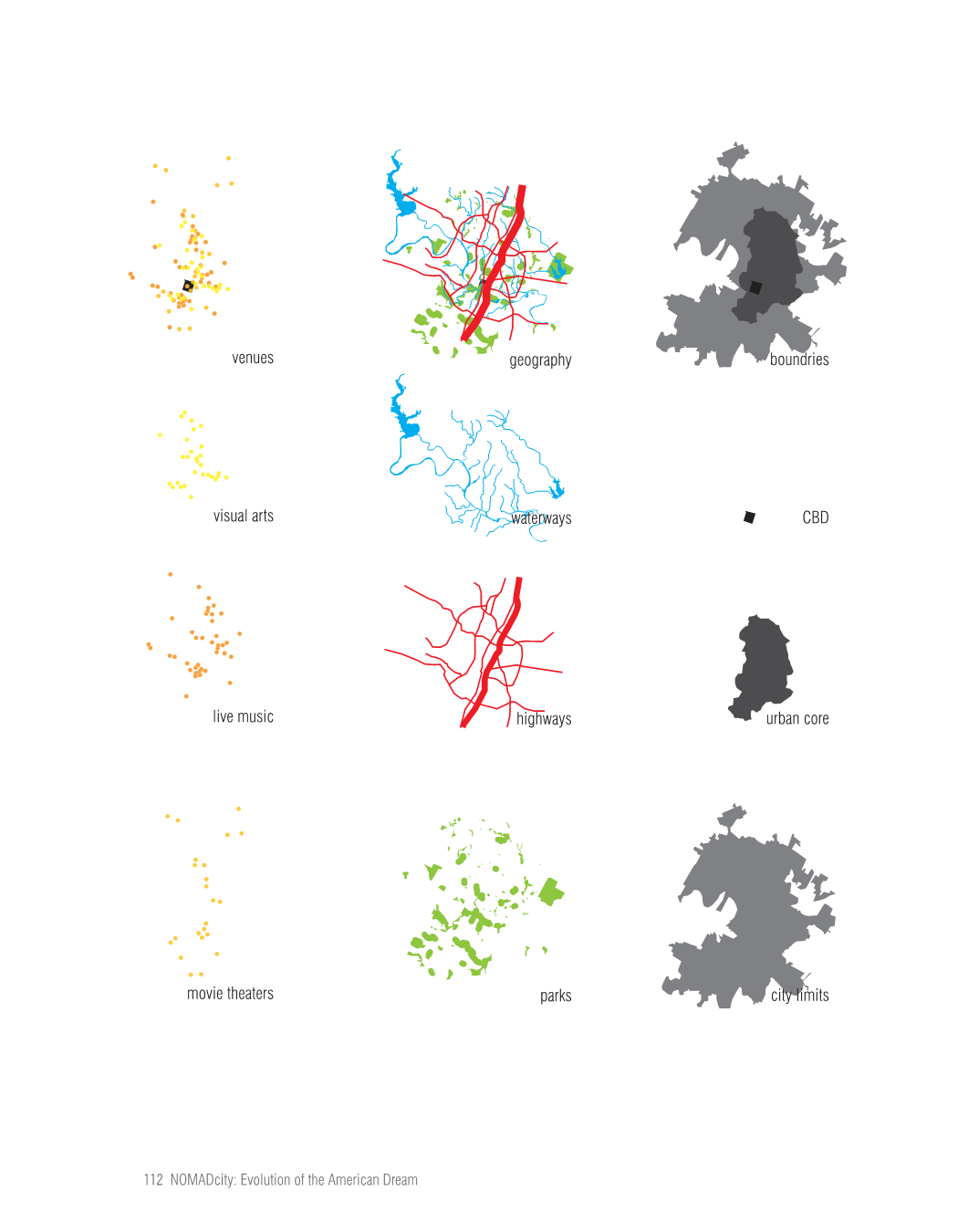
The automobile culture of the past century has allowed Americans to be mobile and expansive — and yet, a stigma has developed against early mainstays of American nomadism, especially the mobile home and the trailer park. Recently, the ability to work and play remotely has made the nomadic lifestyle appealing to a new highly educated, worldly, chic, and technologically savvy demographic. These neo-nomads have put pressure on existing modes of nomadicity to evolve to accommodate their needs and desires. American’s neo-nomadic movement will have to tackle the social and community implications associated with the move away from a distinctly urban society.
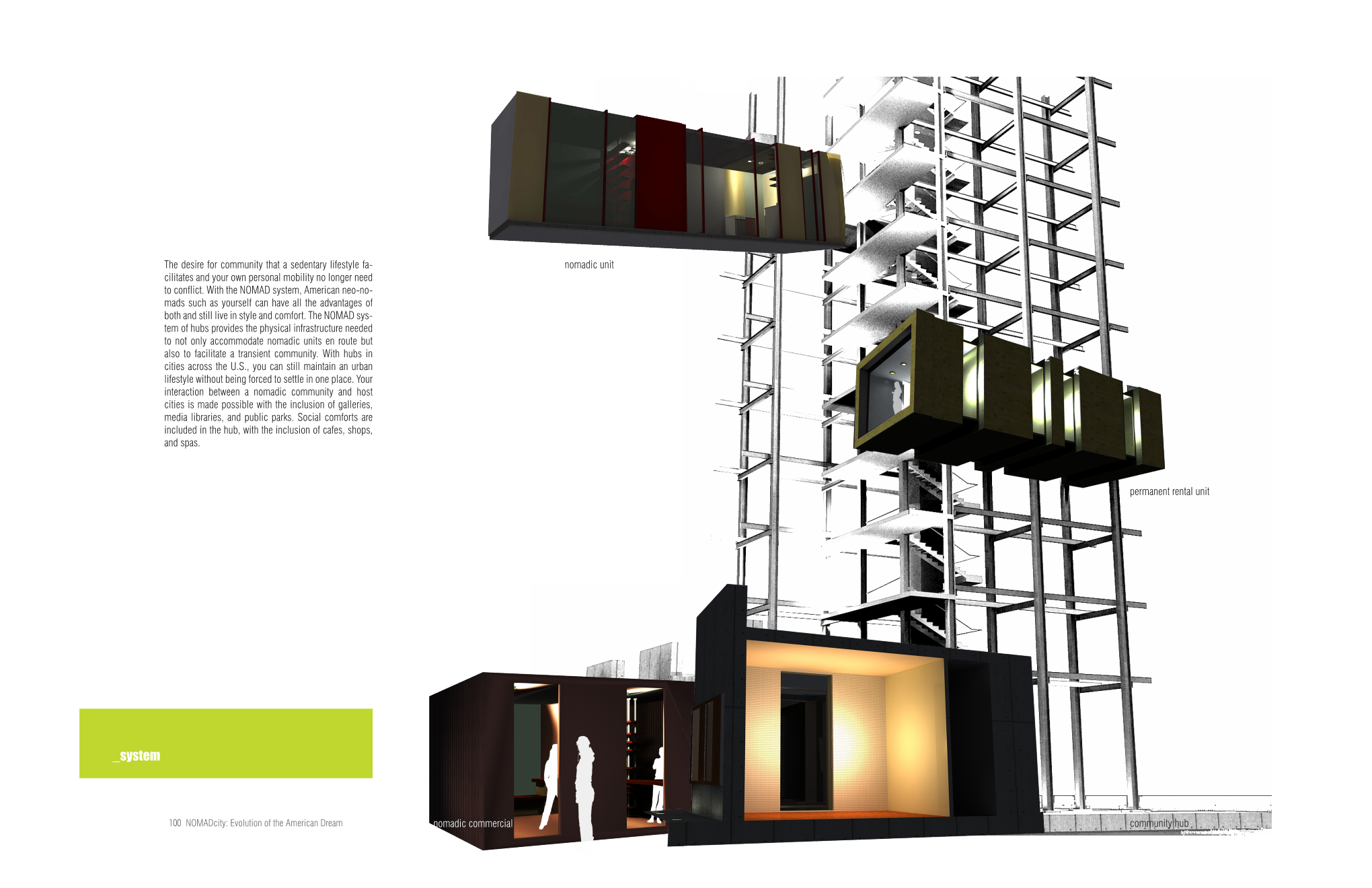
The automobile culture of the past century has allowed Americans to be mobile and expansive — and yet, a stigma has developed against early mainstays of American nomadism, especially the mobile home and the trailer park. Recently, the ability to work and play remotely has made the nomadic lifestyle appealing to a new highly educated, worldly, chic, and technologically savvy demographic. These neo-nomads have put pressure on existing modes of nomadicity to evolve to accommodate their needs and desires. American’s neo-nomadic movement will have to tackle the social and community implications associated with the move away from a distinctly urban society.
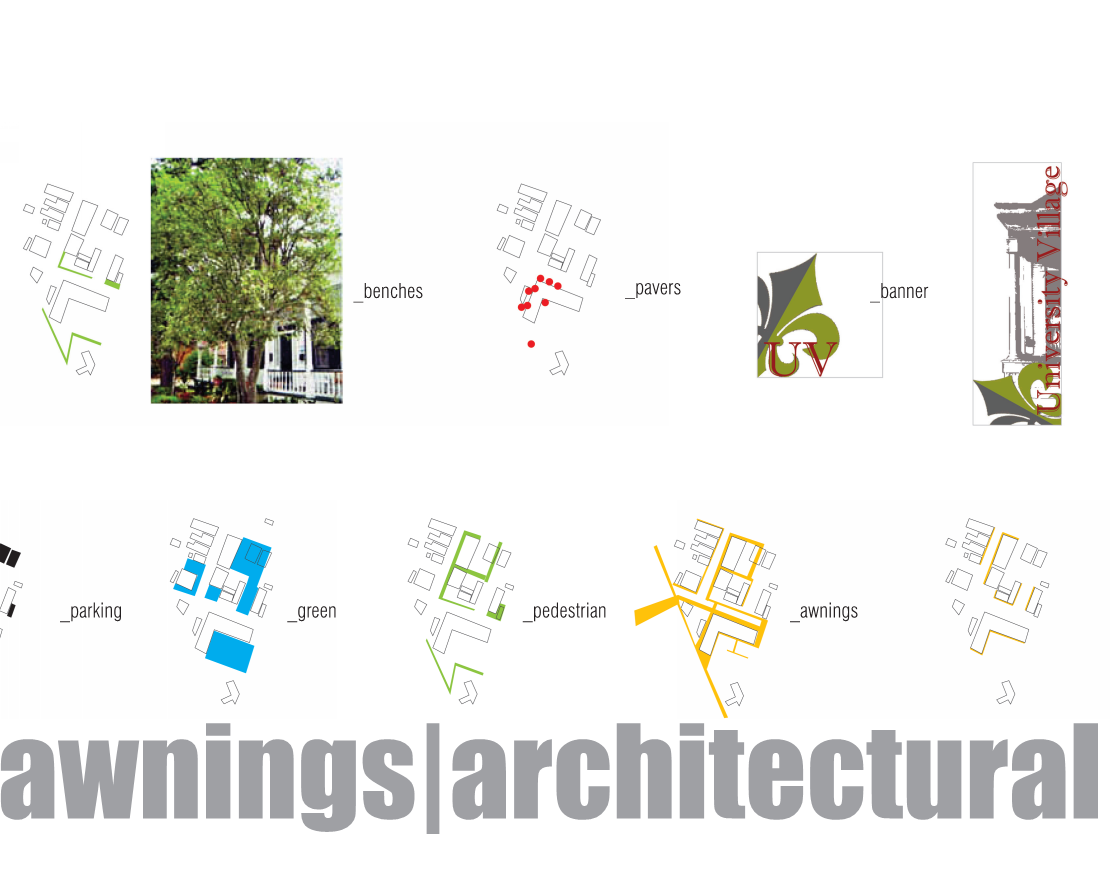
















The automobile culture of the past century has allowed Americans to be mobile and expansive — and yet, a stigma has developed against early mainstays of American nomadism, especially the mobile home and the trailer park. Recently, the ability to work and play remotely has made the nomadic lifestyle appealing to a new highly educated, worldly, chic, and technologically savvy demographic. These neo-nomads have put pressure on existing modes of nomadicity to evolve to accommodate their needs and desires. American’s neo-nomadic movement will have to tackle the social and community implications associated with the move away from a distinctly urban society.
The automobile culture of the past century has allowed Americans to be mobile and expansive — and yet, a stigma has developed against early mainstays of American nomadism, especially the mobile home and the trailer park. Recently, the ability to work and play remotely has made the nomadic lifestyle appealing to a new highly educated, worldly, chic, and technologically savvy demographic. These neo-nomads have put pressure on existing modes of nomadicity to evolve to accommodate their needs and desires. American’s neo-nomadic movement will have to tackle the social and community implications associated with the move away from a distinctly urban society.
The automobile culture of the past century has allowed Americans to be mobile and expansive — and yet, a stigma has developed against early mainstays of American nomadism, especially the mobile home and the trailer park. Recently, the ability to work and play remotely has made the nomadic lifestyle appealing to a new highly educated, worldly, chic, and technologically savvy demographic. These neo-nomads have put pressure on existing modes of nomadicity to evolve to accommodate their needs and desires. American’s neo-nomadic movement will have to tackle the social and community implications associated with the move away from a distinctly urban society.
